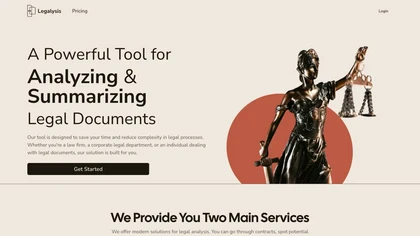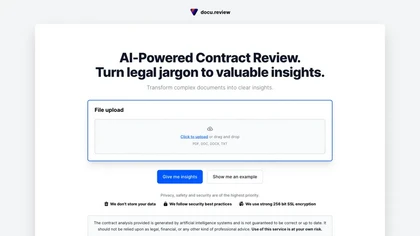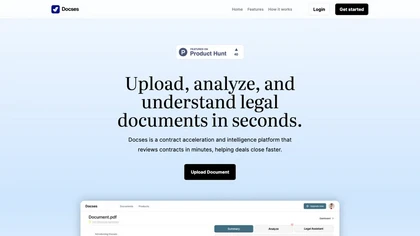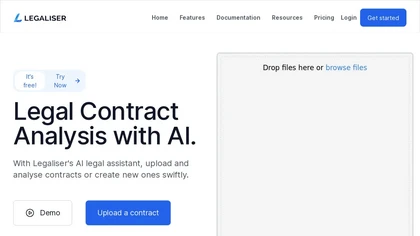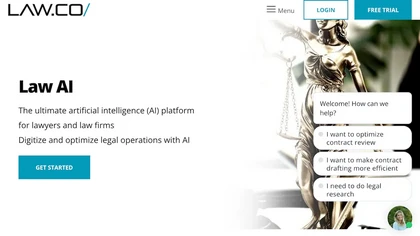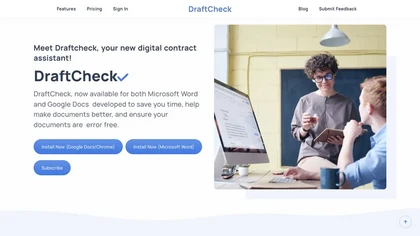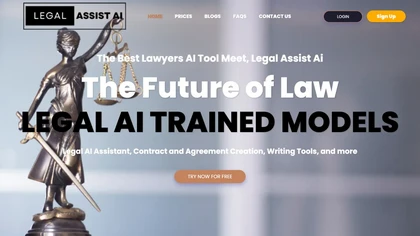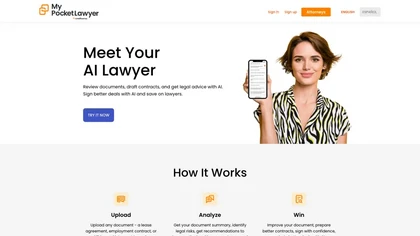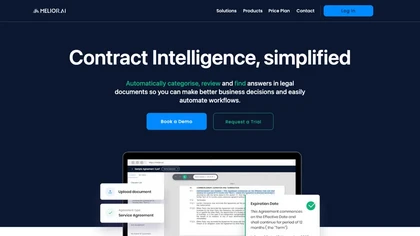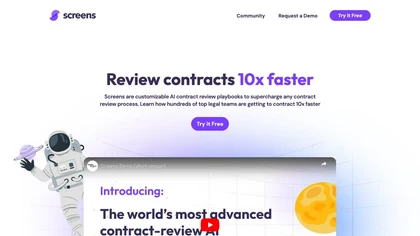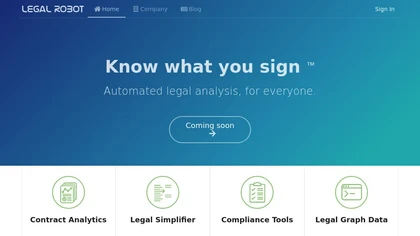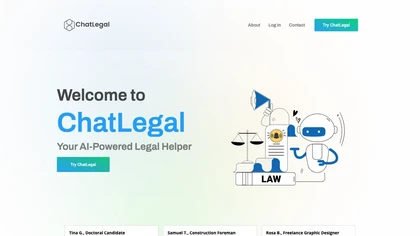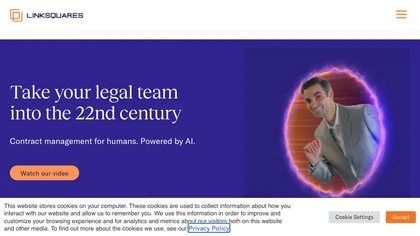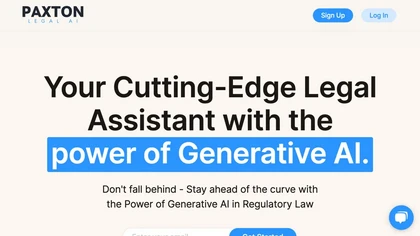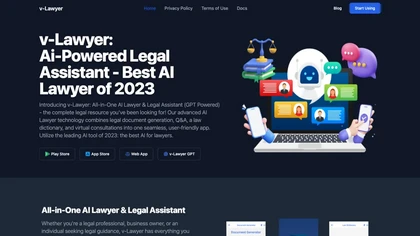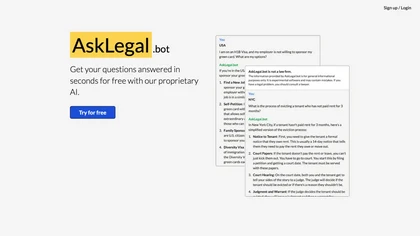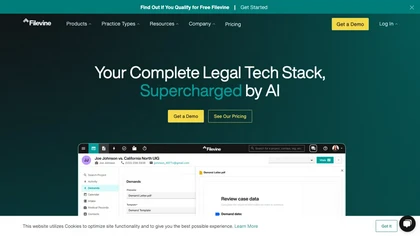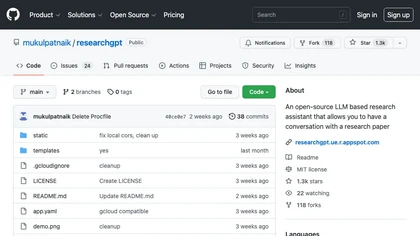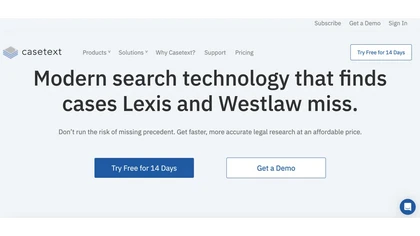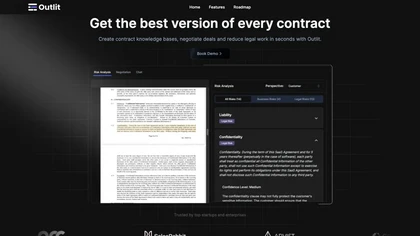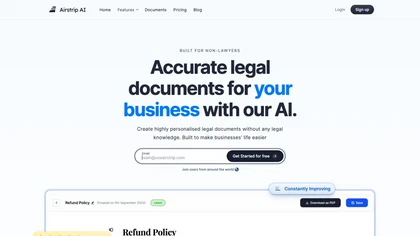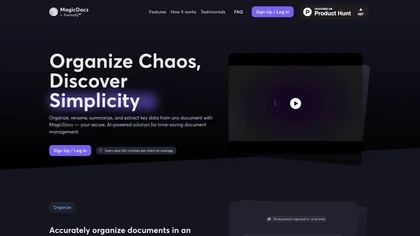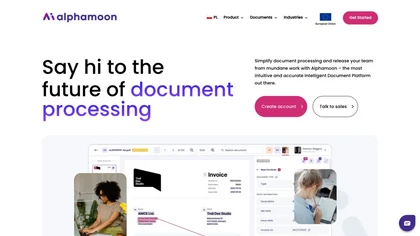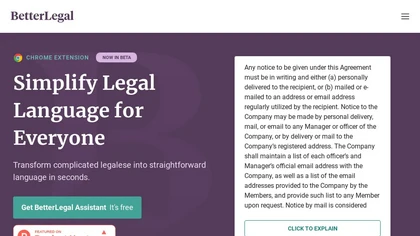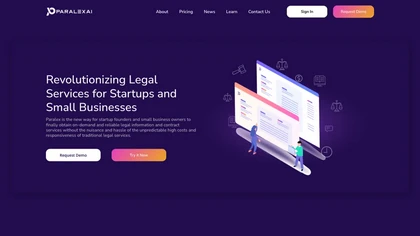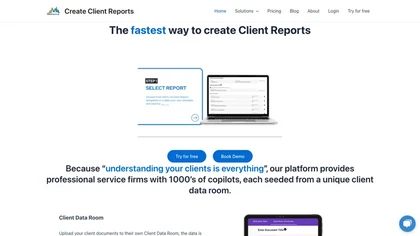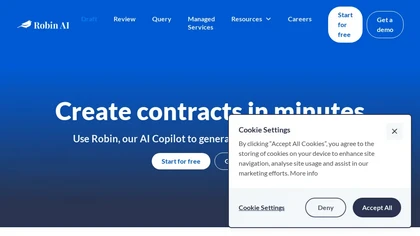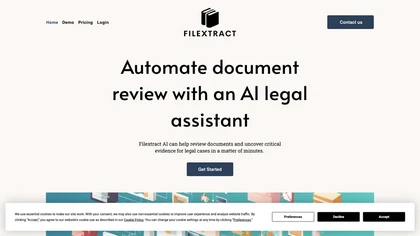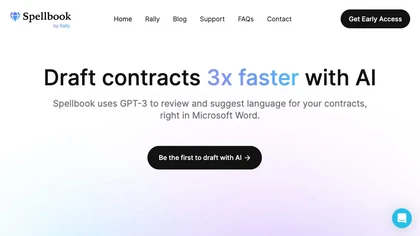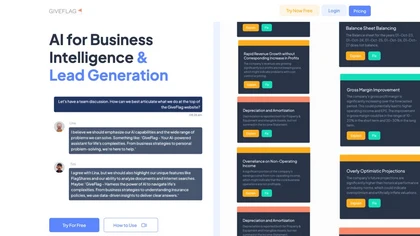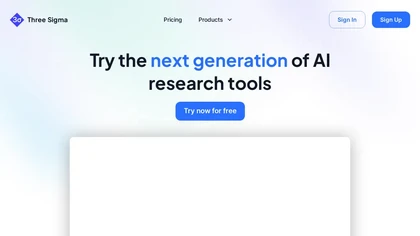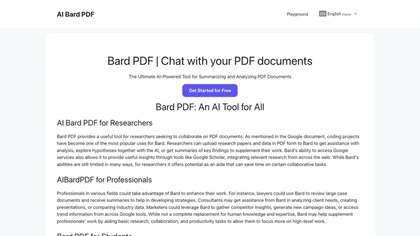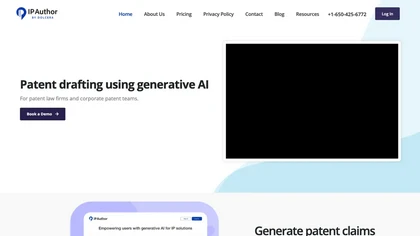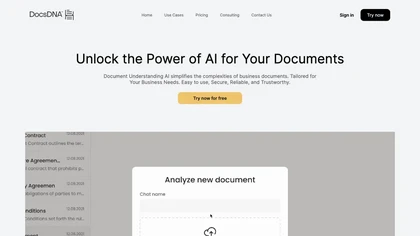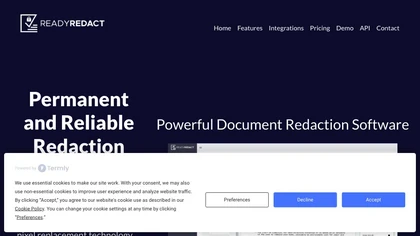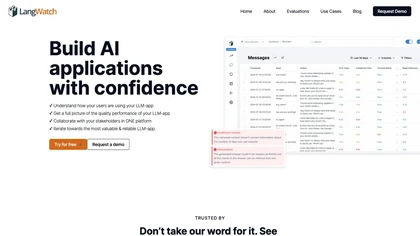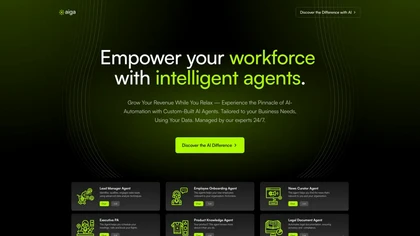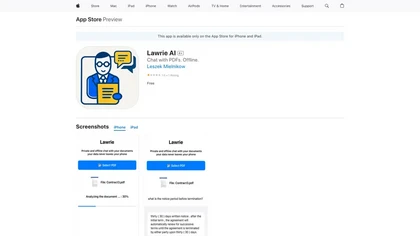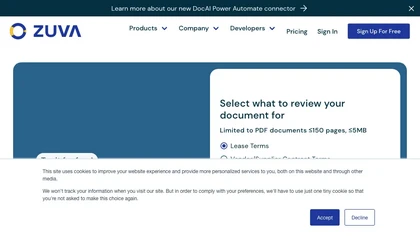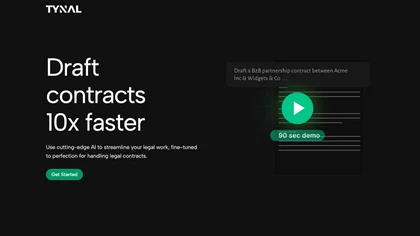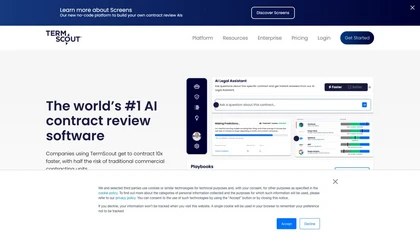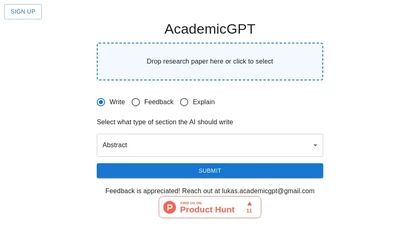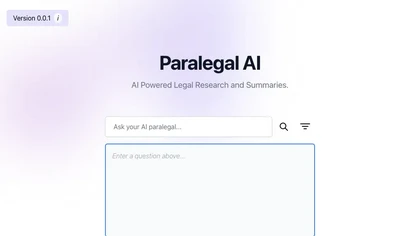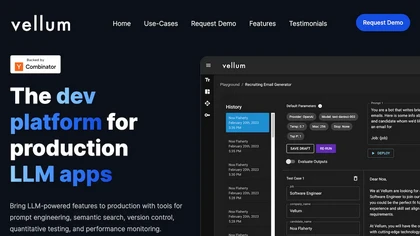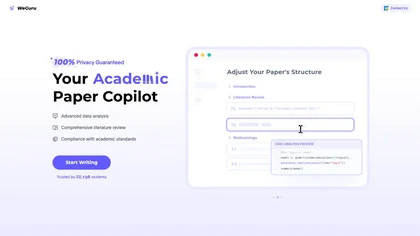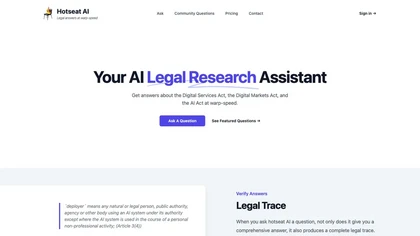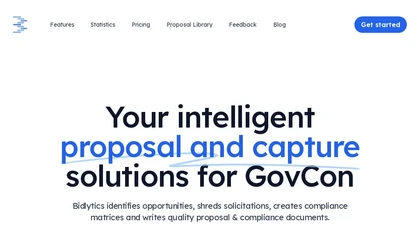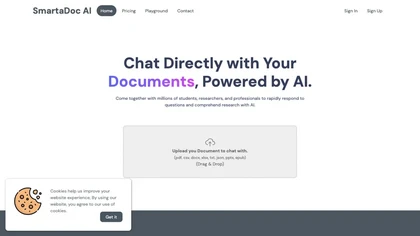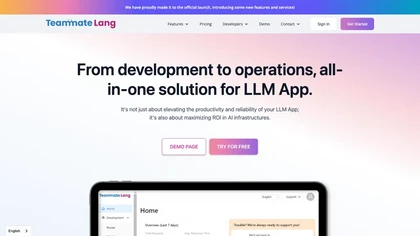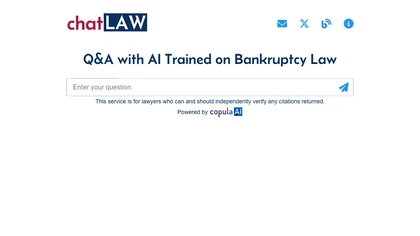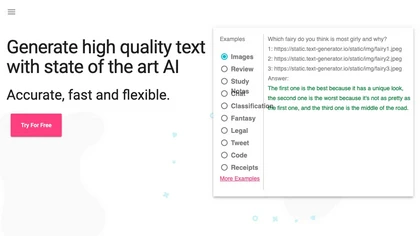AI use cases for Legal Affairs
Generative AI can be applied in various applications for legal affairs. Here are some examples to explore below for inspiration with AI tools to get you started with using AI in legal affairs.
🛠️ 70 AI tools for Legal Affairs
Explore a dynamic list of some of the most popular tools to get you started with various AI use cases and applications for Legal Affairs to streamline your workflows and productivity today.
Legalysis features
- Contract risk analysis
- Document summarization
- Legal Language Model (LLM)
- Cross-country risk pointing
- Time-saving document summarization
Docu features
- Document upload functionality
- Summarization of legal documents
- Identification of key points and critical clauses
- Alerts for potential risks and beneficial clauses
- Utilization of AI algorithms for streamlining document review process
Docses features
- Automated summarization of legal documents
- Identification of red flags and critical clauses using advanced algorithms
- Real-time conversations with an AI legal assistant
- Caters to various professionals and industries
- Assistance in understanding legal jargon and making informed decisions
Legaliser features
- Contract analysis
- Drafting
- Fairness assessment
- Risk analysis
- Anomaly detection
Speedlegal features
- Analyze contracts
- Instantly identify risks and provide suggestions
- Automatic summaries of contracts
- Red flag analyzer for hidden risks
- Answers to contract-related questions
- Legal documents summaries
Law.co features
- Custom Semantic Search
- AI Contract Review Assistant
- AI Legal Contract Drafting & Preparation
- Legal Research
- Contract Review Automation
DraftCheck features
- Automated document review processes
- Surface formatting errors, cross-references, term definitions, and inconsistencies
- Multi-document conflict checks
- Document history tracking
- Local processing for enhanced privacy
🔥
Create your account, save tools & get personal recommendations
Receive a weekly digest of our handpicked top tools.
Unsubscribe anytime
Legal Assist AI features
- Legal research automation
- Contract analysis
- Case management
- Collaborative tools
My Pocket Lawyer features
- Document review and analysis
- Contract drafting
- Legal advice in English and Spanish
- Identification of legal risks
- Information security and confidentiality
Contract Lifecycle Management features
- Contract Lifecycle Management
- Multi-AI platform for contract collaboration
- Matter management
- Compliance management
- Electronic signatures
Melior AI features
- Cross-language semantic search
- Question answering
- Intelligent document processing
- Automatic categorization
- Dynamic/cognitive search
Screens features
- Customizable AI contract review playbooks
- Instant redline suggestions within Microsoft Word
- Ability to run thousands of contracts at once using the Screens app
- Secure and powerful repository for storing contracts
- Expert-crafted playbooks with a focus on accuracy, trust, privacy, and data security
Legal Robot features
- Automated contract reviews
- Automated contract negotiations
- Legal analytics tools
ChatLegal features
- Immediate guidance on a wide range of legal topics
- 24/7 availability for users
- Cost-efficient legal guidance
- Natural language processing capabilities
- Machine learning algorithms for tailored legal information
Linksquares
2.2Linksquares features
- Contract creation
- Post-signature analytics
- Document storage
- Salesforce integration
- Adobe sign integration
- Docusign integration
- Microsoft word integration
- Crisis management
- Contract review
- Data privacy compliance
- Fundraising
Paxton.ai features
- Legal research
- Drafting of memos, briefs, and client communications
- Customized templates
- Automatic citation formatting in bluebook style
- Comparison of versions of laws and regulations over time
Contractify features
- Automatic contract tasks and notifications
- Proactive deadline management
- Secure contract repository
- Efficient contract approval flows
- AI capabilities for contract analysis and digitization
AnythingLLM features
- One-click Installation
- Runs locally
- Fully private
- Custom models integration
- Documents ingestion support
docugami features
- AI Data Extraction
- Generative AI for document analysis
- Industry-specific insights application
- Transformation of unstructured documents into structured information
- Integration with familiar tools and business systems
GPT Law features
- AI-powered legal research chatbot
- Provides plain English legal advice
- Offers 24/7 support
- Powerful search capabilities sourcing information from various legal sources
- Summarizes findings in plain language
v-Lawyer features
- Legal document generation
- AI-powered Q&A feature
- Comprehensive law dictionary
- Virtual consultations
- AI chatbot for collaboration and document sharing
AskLegal.bot features
- self-service document review
- instant answers
- synthesizes information
- personalized advice
- confidential and secure discussions
LawMate AI features
- Initial legal guidance
- Instant responses
- Cost savings on legal consultations
- Affordable alternative for individuals seeking legal advice
- 24/7 lifeline for legal guidance
creativesai features
- Data analysis
- Programming
- Legal advice
- Creative writing
- Expertise in finance, photography, and music industry insights
DemandsAI features
- Teams Permissions model for managing staff access
- Customized Settlements tab for managing and calculating settlement details
- Enhanced conflict checker for addressing potential conflicts
- SidebarAI as a personal AI Assistant for chat conversations and guidance
- AIFields for instant legal document analysis and insights
ResearchGPT features
- Summarize
- Extract key points
- Answer questions
- Provide citations
- Generate references
Case Text features
- Comprehensive coverage of all 50-state and federal case law
- Statutes
- Regulations
- Rules
- Cara a.i.
- Practice guides
- Public records search
- Library of legal resources
Pocket LLM features
- Semantic search
- Customized learning
- Fine-tuning search results
- Summarizing results
- Private and local
PrivacyQuest features
- Record processing activities management
- Incident/breach management
- Individual rights management
- Consent management
- Automated document generation
Outlit AI features
- Automated analysis of legal and business risks within contracts
- Identification of negotiation opportunities for cost savings
- Consolidation of all contracts into a single knowledge base
- Streamlining workflows in contract management processes
- Support for businesses in risk analysis and negotiation
Airstrip AI features
- Personalized questionnaire for document creation
- Lawyer-level revisions suggestions
- End-to-end encryption (AES-256)
- Compliance with regulations (HIPAA, GDPR, CCPA)
AI Lawyer features
- Instant legal help
- Document generator
- Checker
- Comparer
Magic Docs features
- Organize documents
- Rename documents
- Summarize documents
- Extract key data
- Enterprise-level security
Alphamoon features
- Document automation
- AI-powered
- Error detection
- Optimization tools
- Detailed statistics and analytics
BetterLegal Assistant features
- Simplify legal language
- Empower users to navigate legal language with ease
- Convert complex legal jargon into clear and easy-to-understand terms
- Explain complicated legalese into straightforward language
- Ensure that you are always informed
Maigon.io features
- Screens agreements
- Answers legal questions
- Provides guidance
- Delivers final contracts in record time
- Compliance reviews for gdpr, privacy, data protection, and other legal agreements
Paralex AI features
- On-demand reliable legal information
- Affordable alternative to traditional legal services
- Intuitive chat interface for natural language conversations
- Lexbase dynamic knowledge base for up-to-date legal insights
- Comprehensive assistance from seasoned attorneys for contract drafting and review
Client Reports features
- Unique client data room for uploading and utilizing client documents
- Automatic generation of client reports including business plans, company valuations, diligence reports, and investor reports
- Exportability of reports to Microsoft Word documents
- Insights and information on client's business activities, projects, and key performance indicators
- Applicability in various sectors such as finance, accounting, legal, construction, retail, and healthcare
Draft features
- Automated contract creation
- Intuitive tools for pre-approved templates
- Comprehensive resource management
- Permissions, controls, and approvals
- Ai copilot feature that generates common agreements in minutes
Filextract features
- Automates document review
- Helps uncover critical evidence in legal cases
- Assists in preparing depositions by building outlines and timelines
- Provides document summaries for case files
- User-friendly interface for extracting key insights
Spellbook features
- Drafting contracts
- Reviewing contracts
- Suggesting language for contracts
- Detecting aggressive or unusual terms
- Suggesting missing clauses
- Negotiating common points
GiveFlag features
- Analyze various documents such as business intelligence reports, form 10-K filings, policy analysis, contracts
- Extract relevant information from sources like academic papers, privacy policies, insurance reviews
- Automate administrative and transactional tasks
- Train GPT-based engines with expert knowledge
- Ensure data security with restricted access to files and chat messages
Three Sigma features
- Advanced search technology
- Imagine assistant
- Chatgpt plugin
Bard PDF features
- PDF document analysis
- AI assistance for data analysis
- Integration with Google services
- Summarization of key findings
- Multi-file processing
IP Author features
DocsDNA features
- Streamlined document solutions
- Collaborative editing
- User management capabilities
- Language adaptability features
- Customizable document handling
judichat features
- Easy access to Court of Cassation decisions
- Export rulings as PDFs for further analysis
- Enhancing AI learning with legal decisions
- Engage in precise conversations with legal chatbot
- Tailored services including unlimited questions, round-the-clock assistance
ReadyRedact Document Redaction features
- Redacting
- Documents
- Privacy
- Data protection
- Compliance
- Gdpr
- Ccpa
- Lgpd
- Popi
- Hipaa
LangWatch features
- Monitoring and analyzing LLM applications
- Collaboration with stakeholders on a single platform
- User behavior understanding through LLM-powered apps
- Monitoring and analytics capabilities for generative AI companies
- Seamless integration with Azure and OpenAI SDKs
AIGA features
- Custom-built AI agents
- Wide range of functionalities
- Over 6442 deep-automation integrations
- Immediate results and visible growth
- Solution for every department and organization
Legalese Decoder
2.6Legalese Decoder features
- Translate legal documents
- Identify key terms and concepts
- Offer instant interpretation
- Simplify legal jargon
- Use natural language processing
Lawrie features
- Chatbot interactions with PDF documents
- Offline access feature
- AI-powered efficiency for precise responses
- Cutting-edge AI technology utilization
- Time-saving solution for analyzing contracts and agreements
Law School AI features
- Personalized study guidance
- Real-time answers
- Tailored study plans
- Innovative AI-powered technology
- Interactive video lessons
Zuva Contracts AI features
- Pdf document analysis
- Customizable options for different types of contracts
- Information extraction
Tynal features
- Instant contract drafting with plain English summaries
- Effortless modification and review of contracts, including redlining
- Seamless integration within Microsoft Word
- In-depth contract reviewing capabilities, highlighting red flags and missing clauses
- Ensuring compliance with local laws for contract enforceability
TermScout features
- Powerful platform for contract review
- Leverages secure AI technology for analysis
- Provides immediate insights without delays
- Option to achieve up to 99% accuracy through verification
- Trusted by thousands of companies and law firms worldwide
AcademicGPT
2.6AcademicGPT features
- Generate abstracts
- Provide feedback on paper sections
- Ease writing process
- Save time
Paralegal AI
2.7Paralegal AI features
- Paraleg ai is an ai tool for legal research that provides general information for research purposes.
- It can answer questions using keywords.
- The tool can deliver tailored answers quickly and accurately.
Contractable.AI
4.8Contractable.AI features
- Generate personalized contracts
- Browse contract types sourced by legal professionals
- Interactive contract builder with natural language functionality
- Preview full contract before buying
- Unlimited revisions
Vellum features
- prompt engineering
- semantic search
- version control
- quantitative testing
- performance monitoring
- LLM-powered features
WeGuru features
- Data analysis
- Comprehensive literature reviews
- Academic standards compliance
- Privacy guarantee
- Expert literature review services
Hotseat AI features
- Speedy answers provision
- Precision in analyzing questions
- Referencing legal documents and articles
- Logic verification of answers
- Suggest refinements for better insights
Bidlytics - AI for GovCon features
- Enhanced Privacy & Security
- Seamless Bid Discovery
- Automatic Solicitation Shredding
- Compliance Matrix on Autopilot
- Fast & Accurate Proposal Generation
SmartaDoc AI features
- Support for multiple file formats like PDF, CSV, DOCX
- Chat history for tracking interactions
- Document summarization capabilities
- Quick starting questions to facilitate user engagement
- Efficient extraction of key information from documents
Teammate Lang features
- No-code LLM app editor
- Prompt management system
- Extensive integrations with Gen AI models and services
- Built-in AI services like image recognition and translation
- Generative AI security measures
BotMagic features
- Interpreting and analyzing documents in Confluence
- Swift document summaries
- Custom queries for deeper exploration
- Jira ticket handling and summarization
- Advanced conversational experiences with information security oversight
ChatLaw features
- Legal bankruptcy chatbot
- Legal Q&A
- Trained on bankruptcy laws
Text-Generator features
- Text generation
- Content analysis
- Prediction of human reactions
- Research assistance
- Text classification and clustering
- Code generation
- Translation
- Tone and voice change in generated text
- Api endpoint
- Bulk generation capabilities
Flowsecure.io features
- AI powered data collection system
- Recurring data collection
- Secure file sharing
- Create surveys
- Automate daily data collection procedures
Anya (law) by Astria features
- Legal document analysis
- Expert advice
- High-value task focus
- Faster decision making
